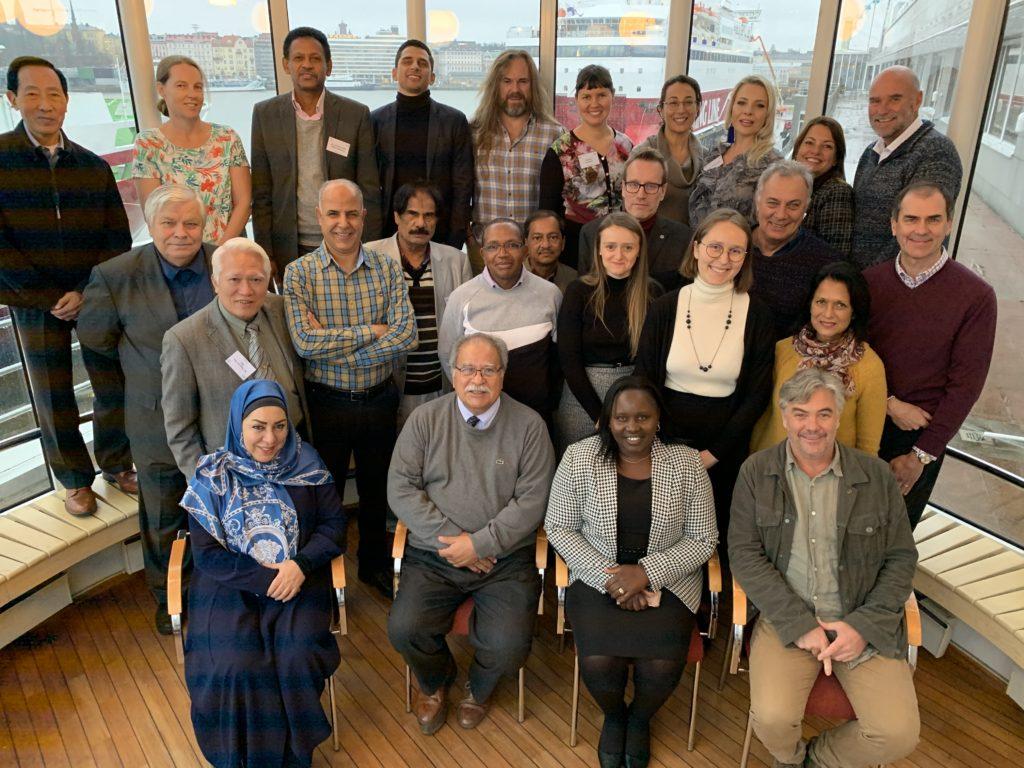
If not their waters, then at least the experts of the world’s regional seas converged in Helsinki in late November to share best practices on the Sustainable Development Goal related to oceans and seas, SDG 14, and to start preparations on its joint outlook report to be presented at the Ocean Conference 2020.
The HELCOM-hosted workshop that took place in Helsinki from 25 to 27 November was a follow up of the UN Regional Seas Programme‘s Annual Meeting held in Berlin earlier in October and also co-hosted by HELCOM.
“Our organisations are truly the best place to translate the global visions into action at the regional level,” said the Executive Secretary of HELCOM, Rüdiger Strempel, during his opening remarks in Helsinki, referring to the driving role of the regional sea conventions and bodies on advancing the global environmental targets.
Two of the global frameworks, the SDGs and the Aichi targets, have long been important guidelines for HELCOM in working to conserve the global marine environment.
“The SDGs and Aichi targets are, in fact omnipresent in our everyday work,” said Strempel, adding that “both have proven to be key to advancing the ocean agenda, and decisively influence the policies we develop, the strategies we devise, the actions we implement.”
“At HELCOM and in the Baltic Sea, we believe that the various regional seas mechanisms can learn a lot from each other,” said Strempel, further stressing that despite HELCOM not directly being linked to the UN system, it continually takes account of the relevant UN goals and processes.
Increasing collaboration with the UN Regional Seas Programme was one of the four HELCOM commitments made during the UN Ocean Conference 2017.
The other commitments were to establish a NOx Emission Control Area (NECA) in the Baltic Sea, to strengthen the implementation of the HELCOM Baltic Sea Action Plan to support ocean-related SDGs, and to identify Ecologically or Biologically Significant Marine Areas (EBSAs) in the Baltic Sea.
Organised by the UN Regional Seas Programme, facilitated by the UN Environment Programme World Conservation Monitoring Centre (UNEP-WCMC) and hosted by HELCOM, the workshop attracted 16 regional sea organisations from all over the world.
